Wilderness Survival Training Course
Real-World Experience
For your wilderness survival training course – you will be instructed by our Chief Instructor, Alex Mileham.
Alex has trained in many varied and innovative areas of wilderness survival & bushcraft techniques as well as undertaken training courses, and has been hiking for over 44 years – solo hiking for 34 years – in remote mountainous regions around the world.
Hiking up to 6,000m in altitude twice…he has done numerous extended treks during his lifetime utilising various survival and bushcraft techniques, including in the following regions: the Nepalese Himalayas, North & Northwest India, Mount Kilimanjaro in Africa, as well as a number of remote regions in the UK, Indonesian islands, the Australian mainland, New Zealand, and Tasmania.
Alex has completed survival and bushcraft courses with Ray Mears (Woodlore Bushcraft, UK), Bob Cooper (Outback Survival) and has trained with former members of the 2nd Commando Regiment. He is also trained in Wilderness First Aid (TasTAFE: HLTAID003, SISOFLD004 & SISXEMR002).

SCT was very honoured to become a Finalist in the 2024 BUSINESS EXCELLENCE AWARDS.
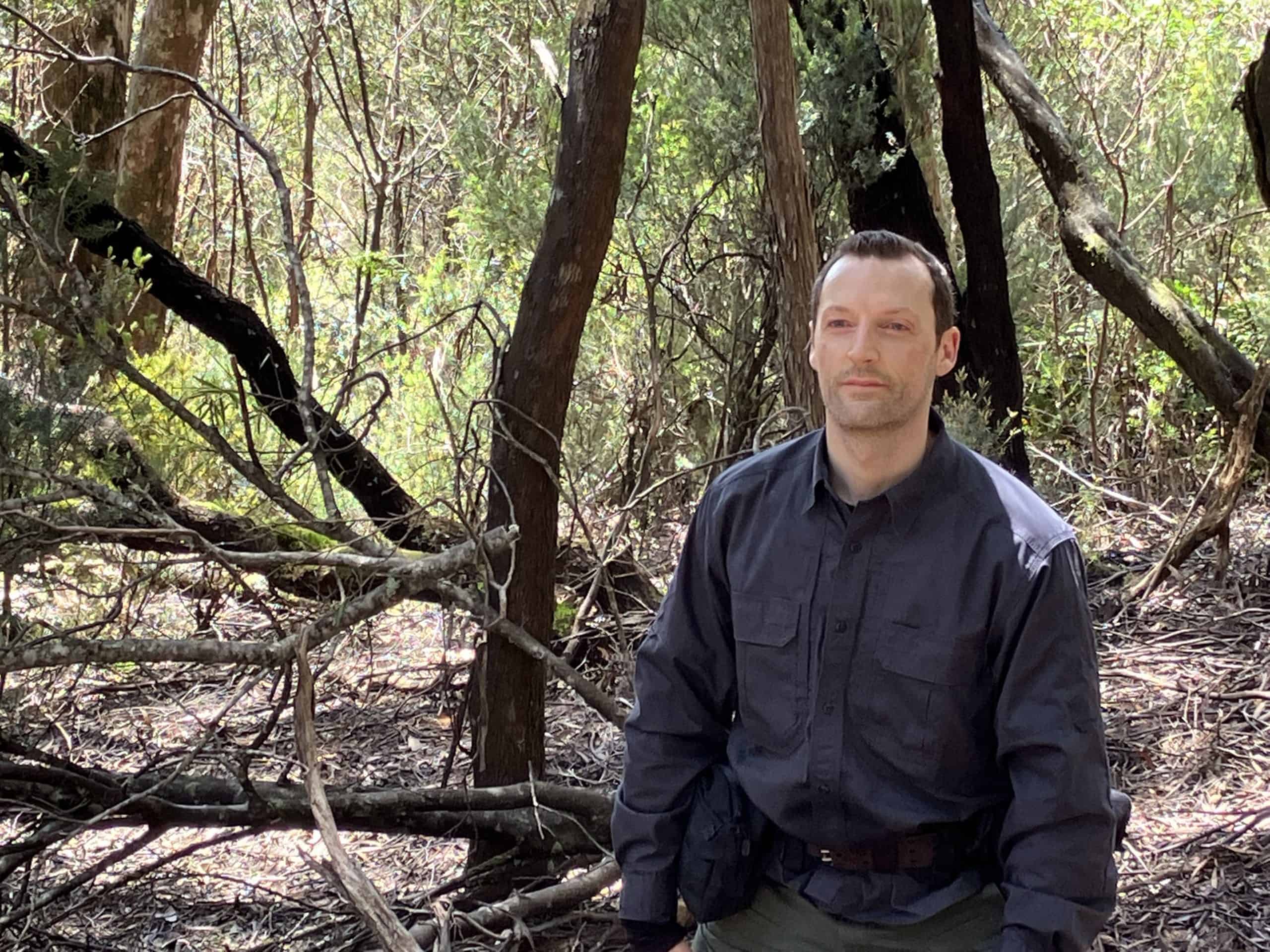
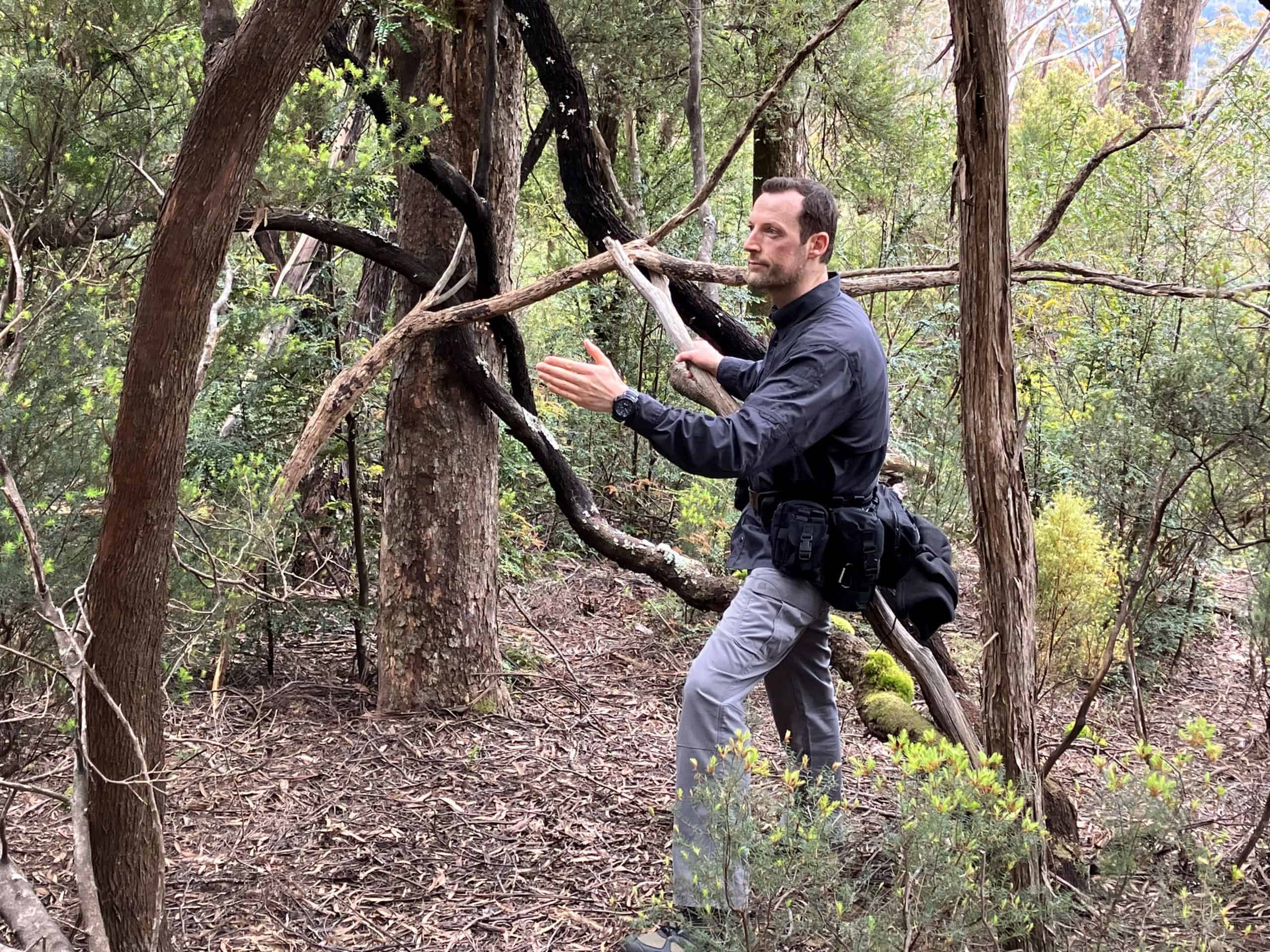
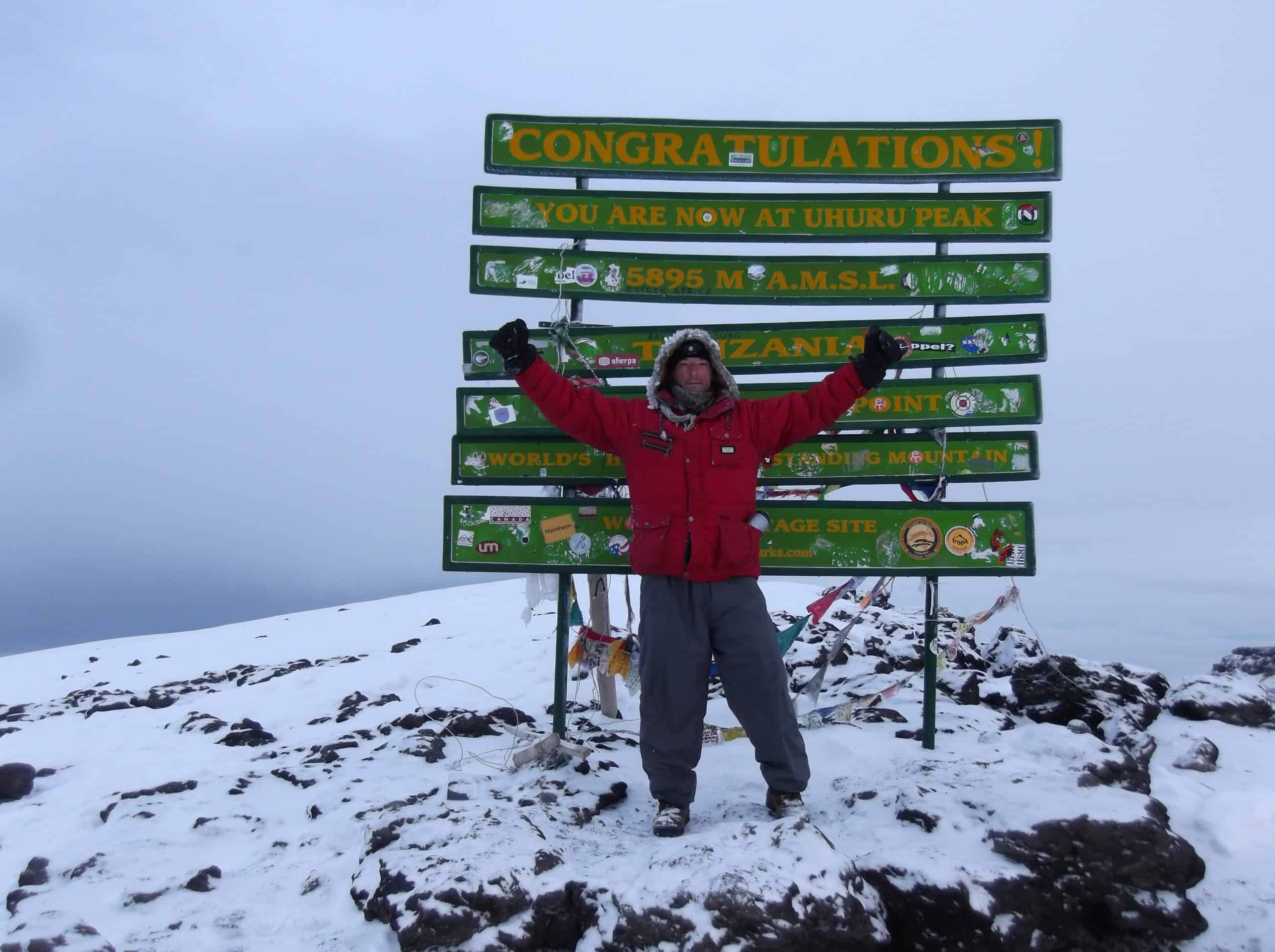
For the last three years, Alex has been asked to train a number of Australian Defence Cadets in survival scenarios or survival camps in Tassie, as part of their annual camp.
The first photo below shows half of the group from 2025 as they apply camo face paint (some of them for the first time) and learn how to conceal certain features, especially on the face. Obviously, the neck, throat, arms, and hands etc were covered later on.
For the survival scenario in late 2023, we were transported by boat down to a location approximately 100 metres off Snake Island (off Bruny Island’s Apollo Bay) where the scenario was that the boat was sinking.
The group had to inflate three rafts before the boat sank…transfer all of the gear from the boat into the rafts and paddle ashore to Snake Island.
There, they had to carry all of the equipment above the high-tide mark, including the rafts, before we did a quick scout of the island to establish the best location to set up camp.
Once a suitable site had been chosen – the cadets formed into pairs to start constructing their makeshift natural shelters for 3 days and 2 nights.
Over the duration they were on the island, they were shown a number of different survival techniques, including how to build a basic shelter, the best way to lay and light a fire, how to convert seawater into drinkable fresh water, how to make multi-pronged fishing spears, animal snares, and survival knots etc.
They also tested various methods of creating a spark or ember to light a fire, and had to maintain the fire so that it could be re-ignited whenever needed.
SCT was also asked back in early May 2024 to run a similar type of survival scenario over a couple of days for the new 2024 cadets, with some preliminary survival training immediately prior to the event.
This time, however, the survival scenario was that Bruny Island had been overcome with bushfires – and we had to raft across to Snake Island to survive for two days while the fires subsided on Bruny.
Once there, the cadets carried out the following exercises: building natural shelters, lighting fires in cold and wet conditions, making multi-pronged fishing spears, catching fish and cooking it using seaweed, doing various navigation challenges using the sun, the stars, and compasses etc, as well as a number of other survival techniques.

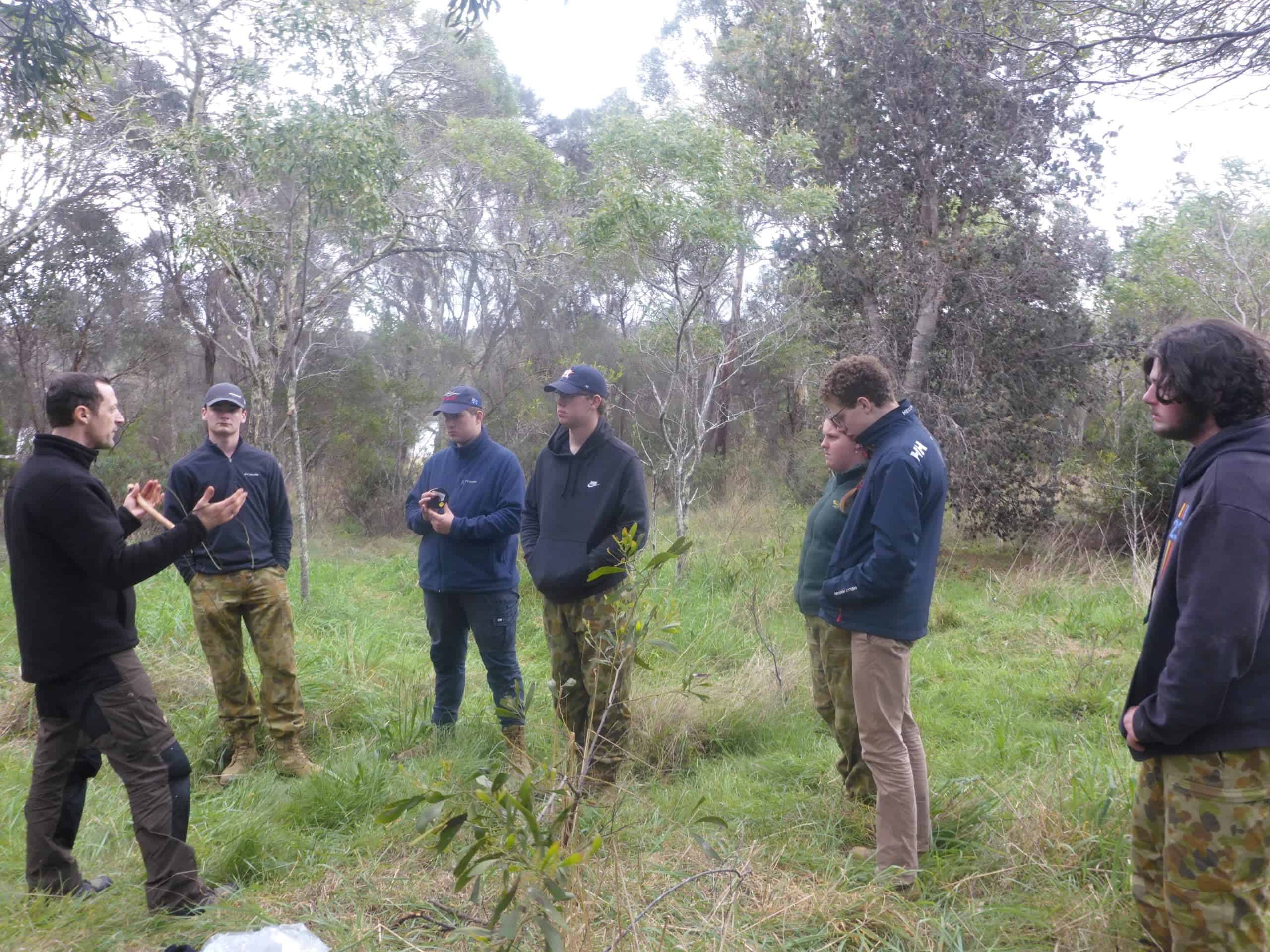
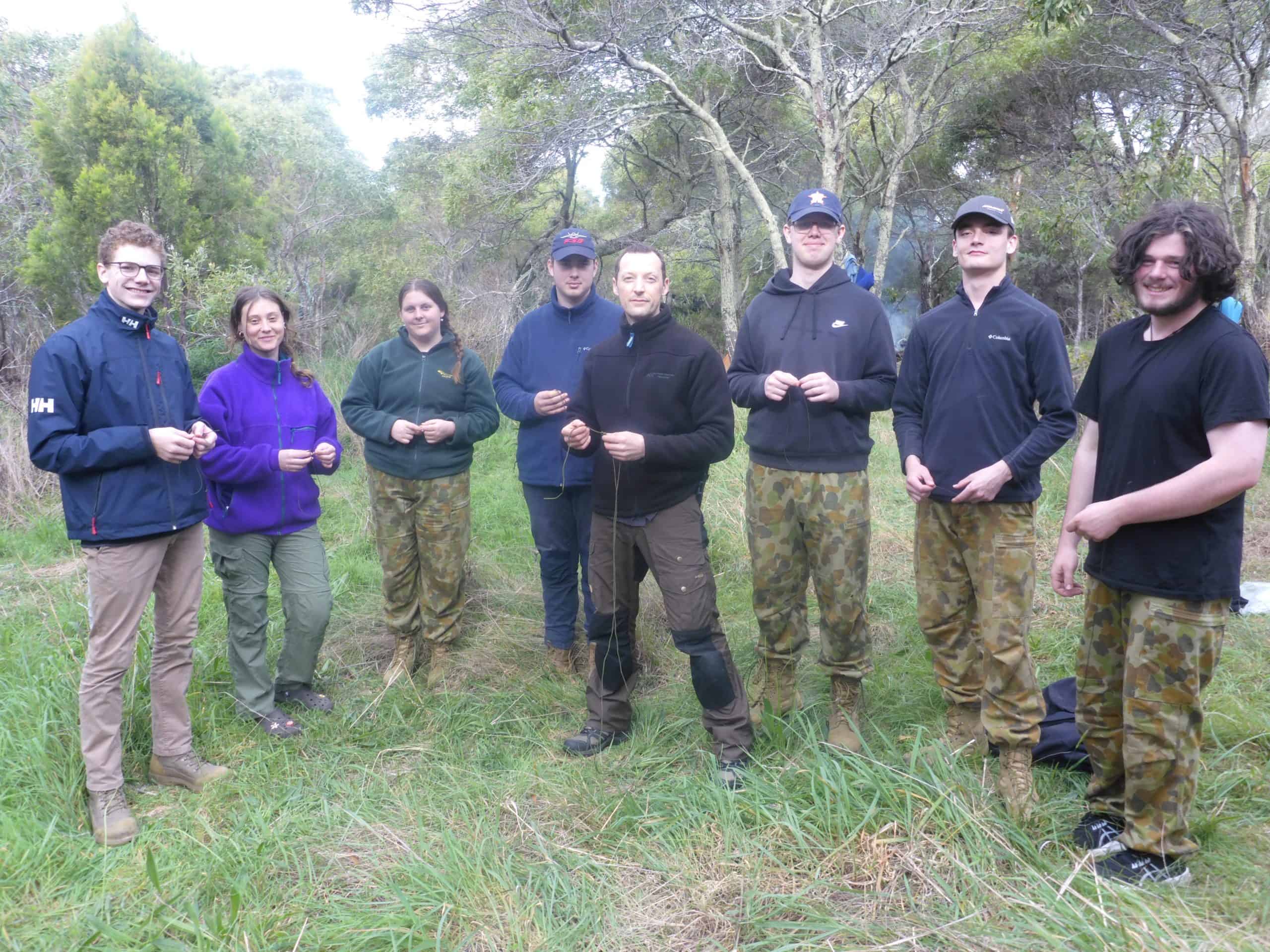
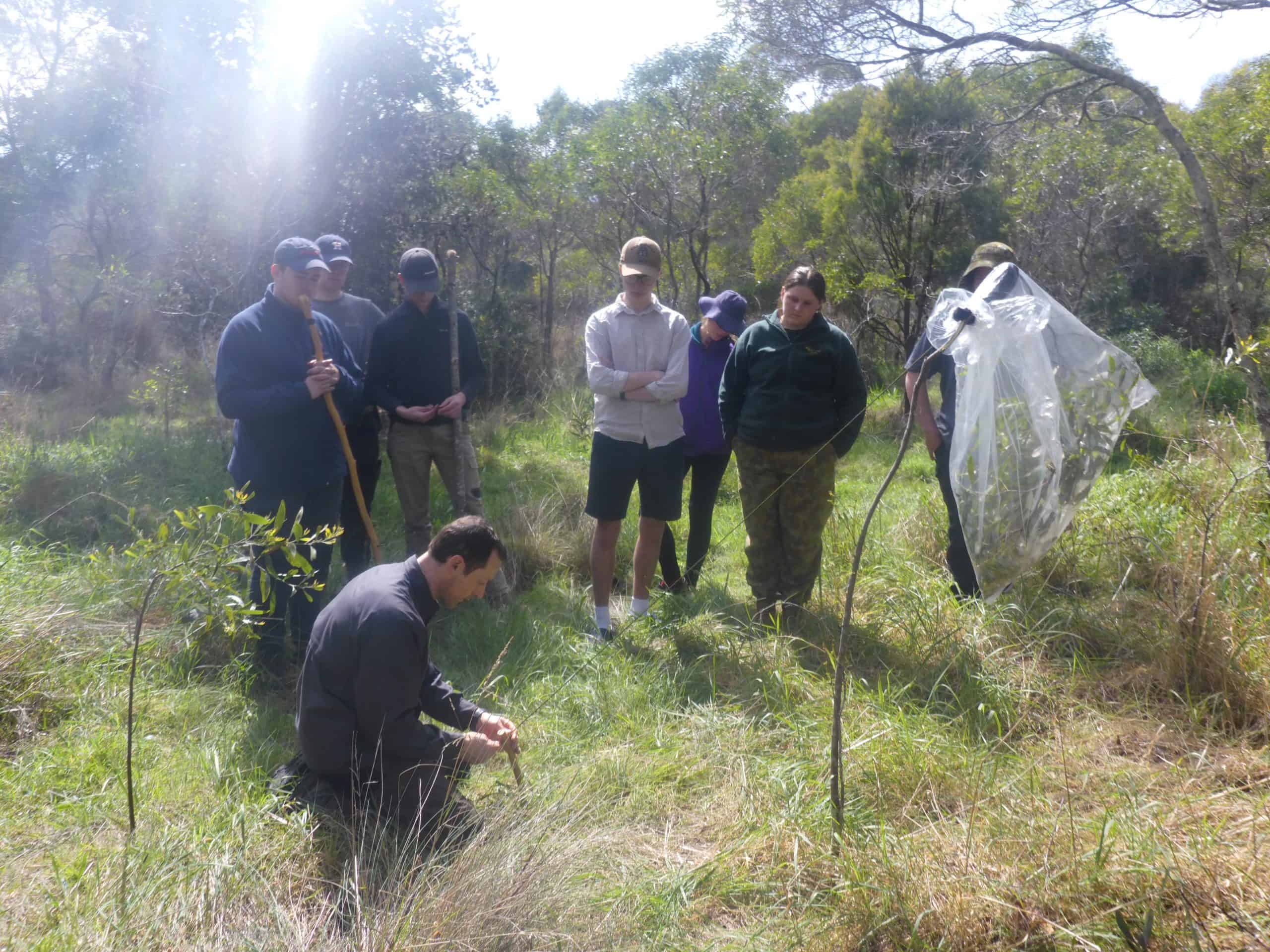
Four clients came down from VIC to do a customised course before they went off to Walls of Jerusalem National Park for 5 days.
They wanted to learn some essential basic survival techniques, as well as a few slightly more advanced techniques…some with a fishing focus to them.
We had good weather on the course, however, when they were on their second day at Walls of Jerusalem, they had a couple of feet of snow – making it even more essential for them to get a good survival shelter in place to protect themselves from the elements.
Despite it being the second half of September at the time, we can get decent snowfalls down here in Tassie at any time of the year. Knowing how to deal with it and how to protect yourself from the harsh conditions can seriously make all the difference!
Here’s the hybrid shelter below that they built after having done the course with SCT.
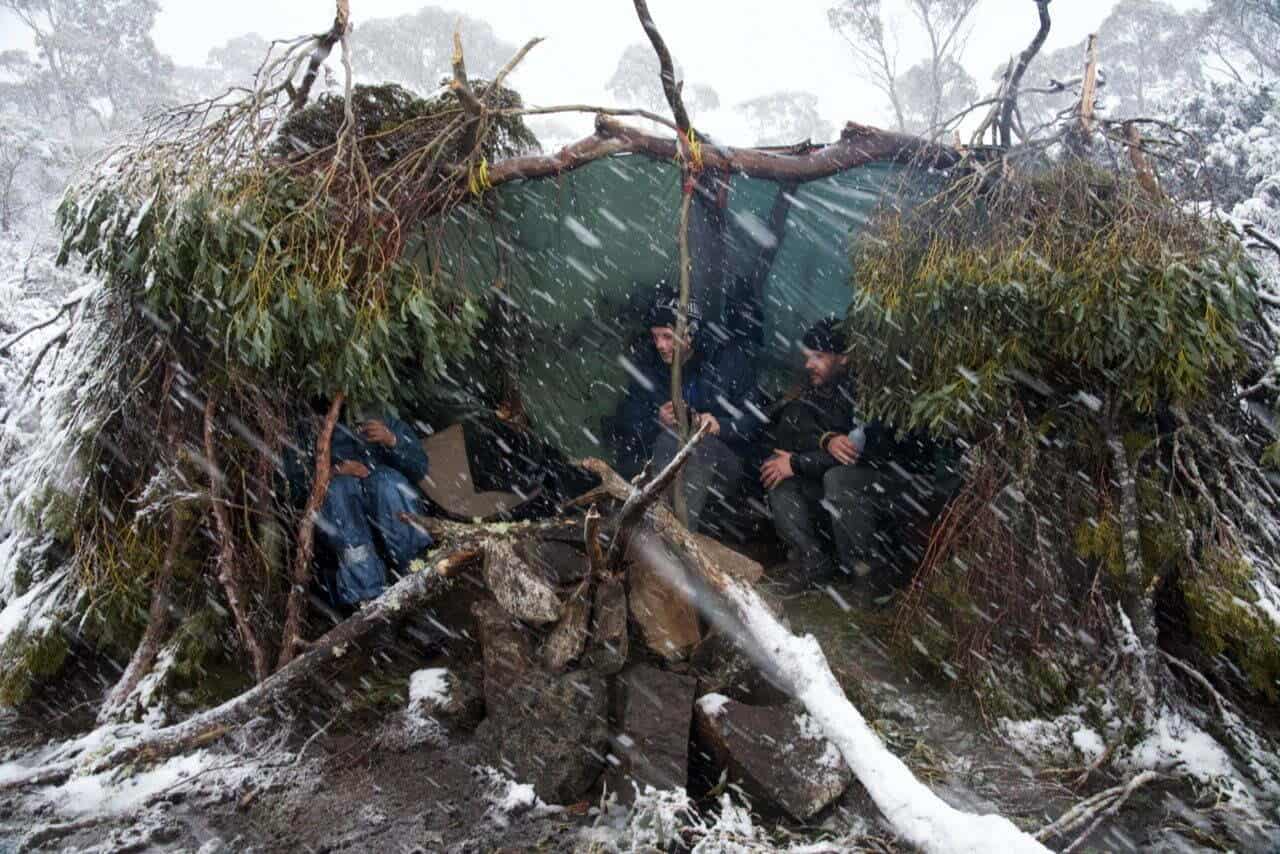
Alone Australia Filmed In Tasmania & Aired In 2023 – The Massive Ratings TV Series Has Previously Been Shot In Patagonia, Alaska and British Columbia…And Now Here In Tassie!
We Are Explorers contacted me in late February 2023 to do a podcast all about the new series of Alone Australia being filmed in Tassie, and asked me what’s it like to explore Tasmania’s amazingly rugged wilderness with all of the solo hiking that I do, as well as running wilderness survival training classes here.
We covered many topics in the podcast and I had a good chat with the founder of the online adventure company, while answering a few questions about Alone and Survival Courses Tasmania running training classes in the north and the south of the island.
Additionally, another member of the online adventure business also contacted me separately for an article to go live before the premier of the new Alone Australia TV show which launched in March 2023.
They gave me seven questions specifically all about the hugely popular show, which you can read more about here.
It seems that everyone is excitedly awaiting for our own local Aussie version of the hit TV series to start. Maybe even more so for us down here in the stunning wilderness that makes up Tasmania.
Interview With A Journalist re. Alone Australia: A Comment From SCT’s Chief Instructor
Alone Australia filmed their first season in Tasmania in July 2022 (which aired in late March 2023)…and a Sydney journalist contacted me as a local survival expert to find out why I thought the Alone producers had picked Tassie as their first location down under.
He asked me a number of questions about what contestants faced and which 3 survival items I would take into the wild (Alone contestants are allowed to take 10 items with them). You can read the interview here.
ABC Radio Tasmania Afternoons & Drive Time
I was also approached by ABC Radio Hobart separately for their Afternoon show and Drive program to do a couple of interviews about SCT’s wilderness survival training courses.
While they both asked me about Alone Australia, it was a much more widespread and in-depth discussion about my journey to becoming a survival instructor, how long I’ve been doing it, and what we teach on our various courses.
Joel Rheinberger – host of ABC Radio Tasmania Afternoons – is a great interviewer and I find it just like when I talk to a student / client of mine who’s done a number of our courses…so it feels very natural.
Joel dug much deeper into what people should prioritise in different survival scenarios and which natural shelter was the best for certain conditions, as well as a range of survival techniques that we teach here at SCT.
The host of their Drive program – Lucy Breaden – interviewed me on a range of survival topics and what we cover on our four 1-day courses both in Hobart and Launceston and why a wilderness survival training course is more important than you might think.
Lucy did also talk to me about Bear Grylls and his shows, so you can listen to what I say about Bear in the interview (the audio has now expired, but pls ask me about it when you see me).
We only touched on some of the numerous, varied survival and bushcraft aspects that Survival Courses Tasmania cover in each of our four classes, but it was good to be asked on to the ABC Radio Hobart Drive Show to discuss why many locals and visitors alike need proper in-person training to build that essential mix of survival and bushcraft knowledge paired with practical, hands-on tuition.
When it comes to survival in Tasmania, the weather can turn on you in a matter of minutes and it really does catch a lot of people out. The correct knowledge, application and preparation are essential!
If you’re looking for survival gear, check out these guys and don’t forget to mention my name Survival Supplies Australia. Also, if you want outdoor and tactical clothing – check out these guys at Tactical Gear…and if you’re after any outdoor gear or bushcraft clothing and equipment, check out our mates here in Tassie at All Goods.
